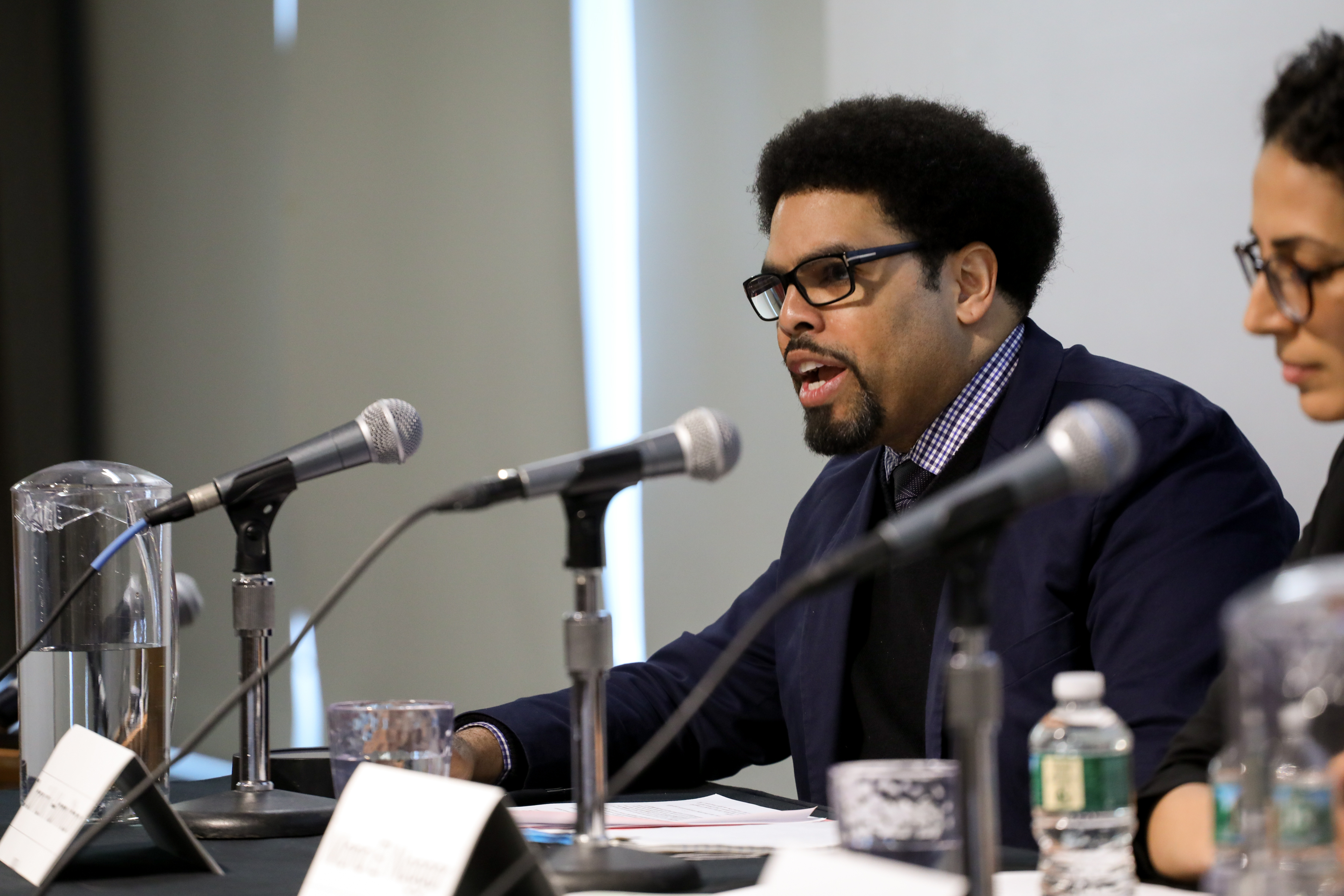Investing in Baby Bonds Must Be a Key Part of Our Country’s Commitment to Racial Economic JusticeBold Policy Steps to Support Kids from Birth Are Needed to Close the Racial Wealth Gap |
New York, February 17, 2022 -- America must take bold steps towards achieving racial economic justice by choosing a national emerging economic policy which invests in Baby Bonds at every level, experts said today during a national discussion on how to close the racial wealth gap. The discussion, hosted by Prosperity Now and the Institute on Race, Power and Political Economy at The New School, featured remarks and strategies centered around how to influence lawmakers and public officials to make Baby Bonds a priority and a reality through the passage of comprehensive legislation. Moving from legislation to policy implementation begins when money is set aside by the government, shortly after a child’s birth, in an account, trust or bond, and invested for their future. When they become adults, Baby Bonds recipients can use the accrued funds to obtain assets that are wealth-generating, such as a home, a trade skill or postsecondary education, or small business. Speakers at the event also delved into specific aspects of Prosperity Now and the Institute on Race, Power and Political Economy’s newly-released co-authored paper, “A Brighter Future with Baby Bonds: How States and Cities Should Invest in Our Kids.” Specifically, the paper shows how Connecticut and Washington, D.C. have led the way on implementing first-in-the-nation Baby Bonds programs and describes the key features other states and localities can incorporate into their policies to create impactful Baby Bonds programs. Connecticut passed legislation in June 2021 creating the first state-level Baby Bonds program, followed shortly by Washington, D.C., in October 2021. The following are quotes from speakers who participated in the event: “As a racial economic justice advocate, I believe that everyone should be able to get and build wealth, not just the few who have generational wealth,” said Gary Cunningham, President and CEO of Prosperity Now. “Baby Bonds can provide children from low-wealth households, who are disproportionately BIPOC, the opportunity to start their adult lives with a nest egg that allows them to build wealth and economic security.” “Trust funds should not be the exclusive domain of children born into wealth,” said Darrick Hamilton, Professor of Economics and Urban Policy, and Founding Director of the Institute on Race, Power and Political Economy at The New School. “Baby bonds provide a public trust, birthright to capital and a pathway to economic security as an economic right.” “I was proud to champion the passage of CT Baby Bonds and help Connecticut become the first in the nation to enact this anti-generational poverty, racial equity program,” said Connecticut State Treasurer Shawn Wooden. “As an investor, I naturally think in 10- to 20-year increments and, without question, Baby Bonds is a long-term investment in narrowing the wealth gap and strengthening our economy. The pandemic has further exposed and exacerbated preexisting wealth and income gaps not only in Connecticut but in every state across our country, especially among communities of color. Now is the time for Congress, along with more state and local leaders across our nation to invest directly in children, in communities, and in our economy through the passage of Baby Bonds.” “Residents of color have waited long enough for the transformational change necessary to achieve racial equity,” said Kenyan McDuffie, Councilmember, District of Columbia. “The Child Wealth Building Act is my earnest attempt at eliminating the District’s stark racial wealth gap and ending generational poverty. My baby bonds proposal ensures that every baby born in the District has tangible economic, educational, and entrepreneurial opportunities to succeed.” Background: Baby Bonds are one of the country’s most innovative and boldest policy proposals. Under this policy, money is set aside by the government, shortly after a child’s birth, and invested for their future. Baby Bonds are specifically designed to narrow the racial wealth divide by providing the largest investments to children from households with the least wealth, which are disproportionately Black, Latinx and Indigenous. When they are adults, recipients use the funds to acquire assets that generate wealth and economic security, such as a home, postsecondary education or starting a small business. As a policy measure, Baby Bonds can complement other proposals to address financial insecurity and racial economic inequity, like guaranteed income. While policymakers are increasing their understanding of what Baby Bonds are, it also is important to be clear about what they are not. Baby Bonds are not intended as reparations or as a substitute for comprehensive reparations. Reparations take a retrospective approach to addressing the racial wealth gap, while Baby Bonds are prospective, future-focused solutions. Baby Bonds and reparations should be viewed as both separate and complementary. |
|
The Institute on Race, Power and Political Economy at The New School advances research to understand structural inequalities and works to identify groundbreaking ways to promote economic inclusion, civic engagement, and social equity. Founded in 1919, The New School was established to advance academic freedom, tolerance, and experimentation. A century later, The New School remains at the forefront of innovation in higher education, inspiring approximately 10,000 undergraduate and graduate students to challenge the status quo in design and the social sciences, liberal arts, management, the arts, and media. The university welcomes thousands of adult learners annually for continuing education courses and public programs that encourage open discourse and social engagement. Through our online learning portals, research institutes, and international partnerships, The New School maintains a global presence. Since 1979, Prosperity Now (formerly CFED) has been a persistent voice championing economic opportunity, innovating outside of and beyond existing systems to build power for all communities. We advance racial and ethnic economic justice by investing in bold new ideas, and we work deeply at both the grassroots and national level to impact the entire ecosystem. By setting goals for our economy and following through with targeted approaches based on need, we are equipped to drive forward and cement big structural solutions. Join Prosperity Now in creating a new, transformed economy that works for all of us. Gary Cunningham is the President and CEO. Visit us at www.prosperitynow.org. |
 |
MARKETING AND COMMUNICATION |
| 79 Fifth Avenue New York, NY 10003 www.newschool.edu |
PRESS RELEASE |
Media Contacts: The New School |
|
|
